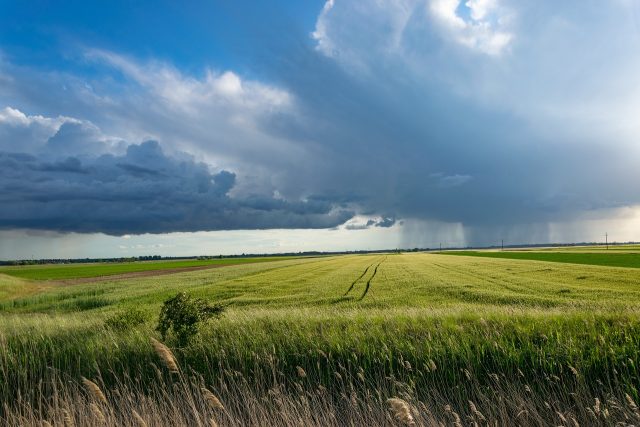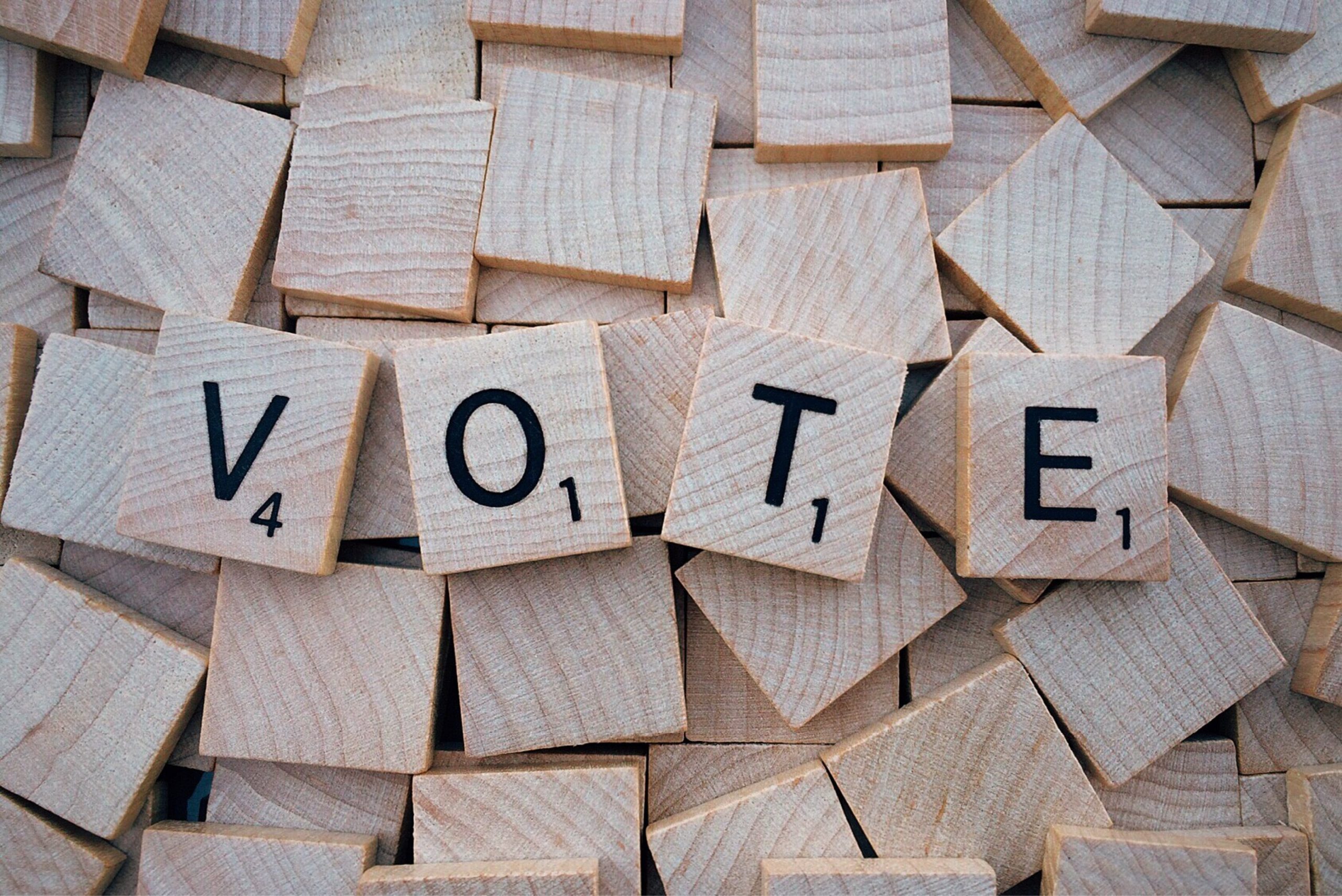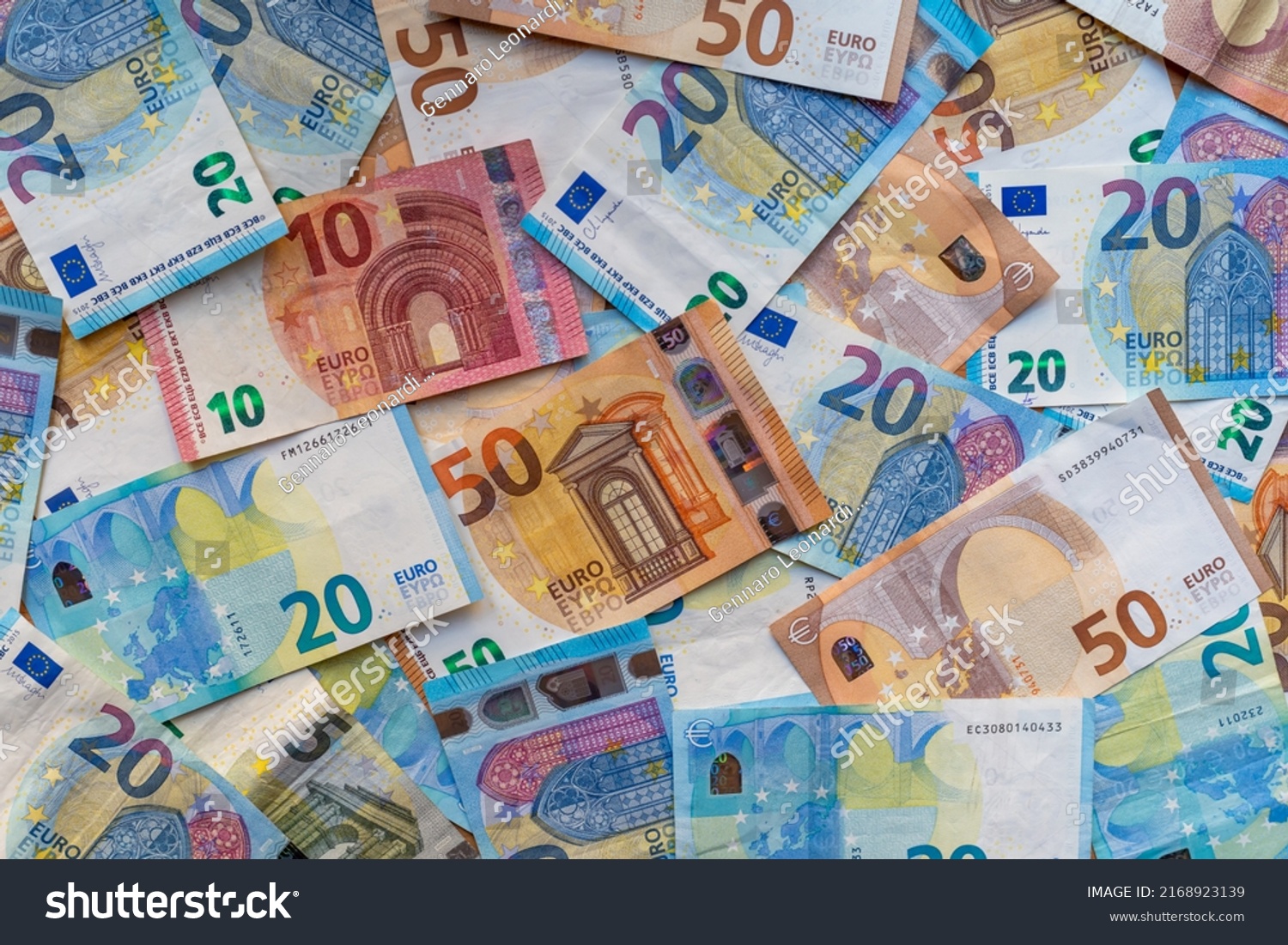
Now that the European institutions are increasingly forgetting the 2030 horizon and starting to talk about 2050, it is worth taking the time to analyse the 2030 Agenda again, with perspective.
On 25 September 2015, the United Nations General Assembly adopted the Resolution ‘Transforming our world: the 2030 Agenda for Sustainable Development’.
Its Preamble states that it is broken down into 17 (Sustainable Development) Goals and 169 Targets and expressly sets out the underlying philosophy, aims,

motivations, method and strategies.
Much has already been said and written about this 2030 Agenda, especially in terms of public dissemination and uncritical propaganda. Almost all the countries of the world signed and supported this Resolution, although only Western countries – and especially the European Union – have become the guardians of its fulfilment and faithful executors of its goals. And systematically so.
I believe, however, that it would be good to systematically and critically analyse these 40 pages in order to discover in their letter – and in their spirit – what model of person, society and community, what political economy, in short, emerges from their purposes and goals.
Following in this case Michael J. Sandel, the successful professor of political philosophy at Harvard University, every economic model responds to or conceals a specific conception of the world, of society, of the person and of politics, the latter understood as the form of organisation of the public, the shared, the common.
Thus, to quote Adam Smith in his foundational ‘The Wealth of Nations’, ‘consumption is the sole end and aim of all production’. For the liberal economic model – in which we are all immersed – the economy is a science whose purpose is production and consumption; from which will necessarily come the prosperity of all, or of a substantial part of the population, and with that prosperity, happiness; the economy being neutral with respect to the ends of the community or its members, the greater production and its distribution will allow each individual to satisfy, for himself, his own purposes, which are irrelevant to the State as an expression of the public.
Another model, says Sandler, which is typical of the republican tradition, is that which would make the economy one more element to be taken into account in the ultimate purpose, which is to ensure the effective self-government of the individual and the community. Thus, it will be of no use for the individual to increase production and consumption to satisfy his ends if the economy of society as a whole is controlled or directed by powers alien to any public scrutiny, transparency or community control, for in the end it will be ‘the oligarchic economic’ that will impose itself on ‘the democratic political’.
We certainly seem oblivious to the distinction between civic freedom and republican freedom that Sandler preaches about American society, but on closer inspection we are not so oblivious.
It is true that Europe – because of its longer history, its philosophical richness, the plurality of its nations or the influence of Catholicism – does not have at its genesis that direct struggle between the two models of Jefferson and Hamilton over the role of industry or finance that has gone on for centuries, but we are able to see that in European history there was a time when local communities – municipalities, burghs, cities, towns, villages – were the locus of individual and family public expression; the place where institutions of a markedly democratic character emerged (long before the invention of direct suffrage elections to political parties) and the space where the working man and the public man were not stagnant spaces without transfers or connections.
And that is what the 2030 Agenda is all about; analysing it from the point of view of the political economy, of the social and family model that it outlines.



 Subscribe
Subscribe